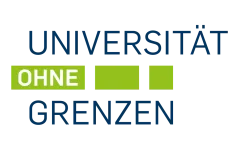In Germany, it is common for parents to support their children financially until the end of their education, if this is possible for them.
For example, child benefit is often used to directly support children who are studying. Parents receive child benefit for their children in their initial education until the age of 25. This already finances a small part of their studies. Refugee families also have the option of receiving child benefits if they have the appropriate residence status.
Other models of partial financing by the family are of course conceivable and vary from person to person.

